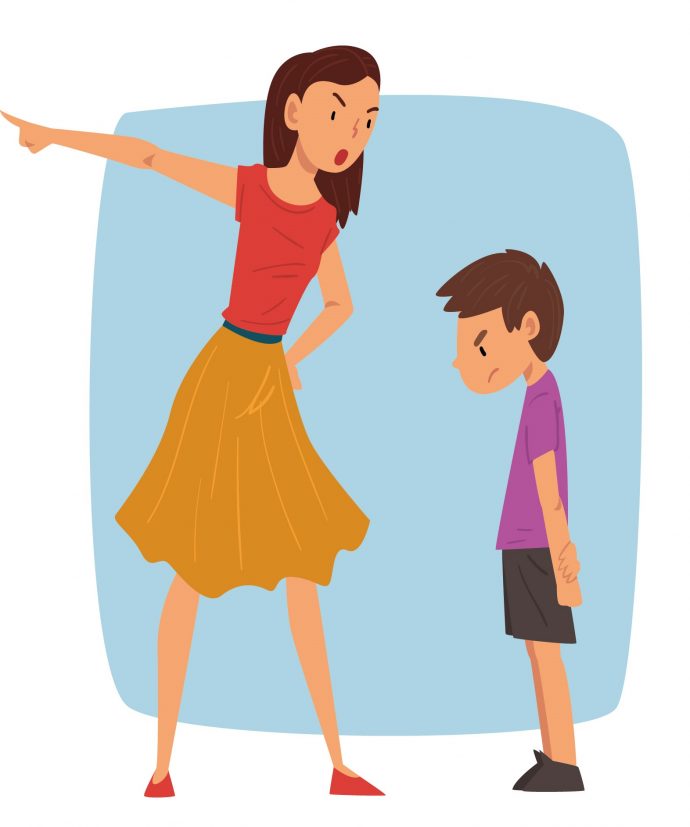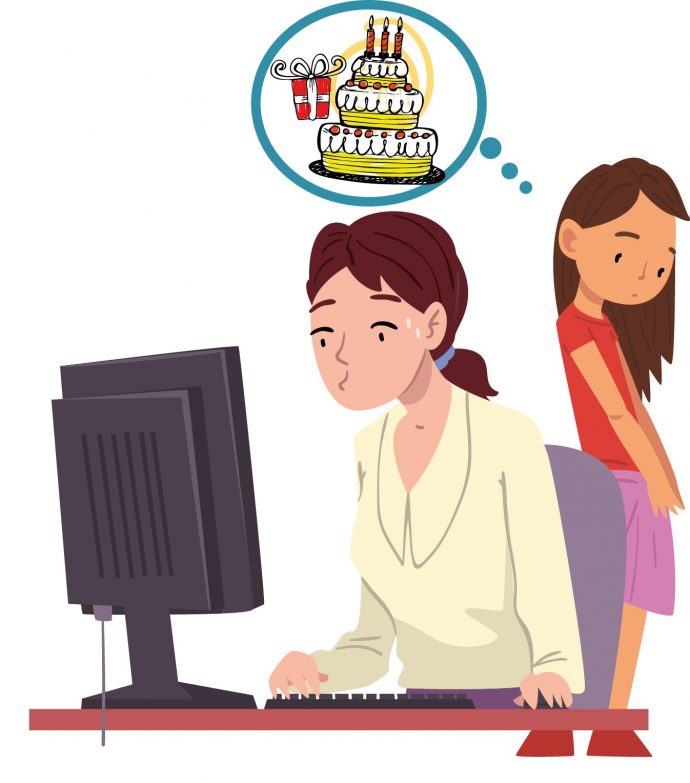If you have ever mistakenly raised your voice towards your child or blamed him for something he did not do, you must know how awful that feels like. Parents do commit mistakes too, but how can parents right their wrongs?
Mistakes are bound to happen, whether due to stress, overworking, lack of sleep, poor judgement or carelessness. However, this is not an excuse to be ignorant. What we can do is to learn from our mistakes today so we can be better parents tomorrow. It may not be easy to overcome our ego and admit our mistake to the kids. But by role-modelling such behaviour, we can teach our kids (and ourselves) to be better human beings.
Common parenting mistakes
To learn from your mistakes, you will first need to accept that a mistake has been made. It may occur unintentionally or due to past ignorance. Here are some common mistakes:
- Breaking promises. You promised to take your daughter to her favourite restaurant after she did well in her test, but you were too busy and ended up not going. Parents promise all kinds of things to their kids, but it can be hard to fulfil all of the promises made.
- Telling lies. White lies are common for various reasons – as an excuse, to avoid difficult topics, and often to calm children. Parents may also tell a lie to another person in front of their kids. Even if the lie seems harmless, it teaches the kids it is okay to lie, and this is not okay.
- Jumping to conclusions. Some parents tend to blame or scold their kids without giving them a chance to explain things first. By assuming that our kids’ past behaviours and choices dictate present and future ones, it limits how we view our kids and can cause us to judge them unfairly.
- Using bad words. Rising anger tends to blind us. You may not realise the bad words being uttered and there is no way to retract them once they are said. It is bad enough when said to another person, but worse when said to your own kids.
- Comparing and criticising. Constructive comments are okay, but belittling your child, comparing him with others, and criticising his weak spots, all with the intention of “building up his character” are not.
- Too much teasing. Joking, teasing and kidding with your kids are some ways to have a laugh and have fun with them. However, you may be taking things too far if they are not laughing. Even worse is if you press them for not being able to take the joke.
- Forgetting things. Having a busy schedule may lead to occasional slip-ups, causing you to forget simple errands (e.g. to pick up your child from tuition) or even important events and dates (e.g. your child’s birthday or school sports day).
- Being hypocritical. Parents are the main role model for their kids. When parents do not practise what they preach to their kids, they risk confusing the kids with conflicting messages.
- Hurting them physically. Parents may accidentally inflict physical harm onto their children, e.g. injuring your son’s finger while closing the car door. Some parents also tend to take out their anger or frustrations on their kids (including yelling, cursing and hitting).
Righting the wrong
After realising that you have made a mistake, what can you do?
- Don’t be too hard on yourself. No parent is perfect, so do not beat yourself up too long for being a “horrible parent”. Instead, focus on correcting your mistake and finding a solution.
- Admit mistakes and apologise. Once you and your child has calmed down somewhat, gently talk about what you regret, and apologise for your mistake. Ask for a “do over” and try to make things right. This can be a great opportunity to demonstrate forgiveness and humility to your child.
- Reconnect with your child. Let your child express how he feels. Be open, present and willing to listen and engage with him. Try to put yourself in his shoes and see (and feel) from his point of view. This will build empathy and a deeper understanding to reconnect with one another.
- Aim to be better. Focus on self-improvement as a person and a parent. Learn to regulate your own emotions by practising self-compassion and learning to stay centred whenever there is a crisis in your household. Loving your child starts with loving yourself.
It is part of human nature to make mistakes. In our lifetime, we will be exchanging apologies and forgiveness countless times, including as a parent. The important thing is to acknowledge that a mistake has been made and to learn from it, make amends, reconcile, and gradually develop to be a better parent and individual.









Comments